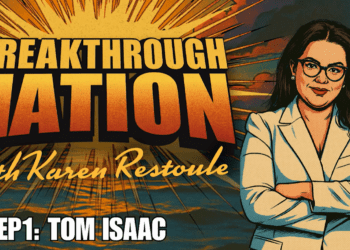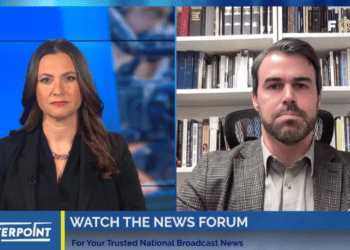 Relying on informal Q&A sessions is no sound method for determining fundamental changes to our electoral system, argues Benjamin Perrin in the Globe and Mail. The judiciary is our best institution for examining such an important issue, so let’s ask them.
Relying on informal Q&A sessions is no sound method for determining fundamental changes to our electoral system, argues Benjamin Perrin in the Globe and Mail. The judiciary is our best institution for examining such an important issue, so let’s ask them.
by Benjamin Perrin, July 22, 2012
The House of Commons special committee on electoral reform has started hearings into alternatives to the first-past-the-post system that has been at the core of Canadian democracy since Confederation. No matter which model it ends up proposing, significant changes to how MPs are selected and, accordingly, how our federal government is formed must be referred to the Supreme Court of Canada and a referendum should be held.
Any major electoral reform proposal should first be referred to the top court to guarantee that it is within the exclusive jurisdiction of Parliament to adopt. Only this will ensure the legality of proposed changes.
When the former Conservative government wanted to reform how senators were selected, the Liberals were adamant that the court be consulted. In the 2014 reference case, the court ruled that consultative elections for senators triggered the general amending procedure in the Constitution, requiring approval of at least seven provinces representing at least 50 per cent of the population. This scuttled the government’s attempt to unilaterally adopt legislation to that effect.
If a constitutional challenge were then brought that found Parliament lacked the authority to change these rules on its own, it would create a constitutional crisis that could invalidate all of the laws and actions taken by such a government.
In a reference decision on electoral reform, the court would determine whether Parliament has the authority to change the rules by which MPs are chosen or whether provincial approval is required, and to what extent. There is some uncertainty as to whether Parliament has such power acting alone, which may vary depending on the electoral model chosen.
Imagine that Parliament were to adopt major electoral reform without consulting the court and an election were held under the new rules, resulting in a newly composed Parliament and government. If a constitutional challenge were then brought that found Parliament lacked the authority to change these rules on its own, it would create a constitutional crisis that could invalidate all of the laws and actions taken by such a government. Why would we risk such a disaster?
If ever there were a case for prudence, this is it. With clear questions, the court can provide clear answers on proposed electoral reform before it is adopted. The court has shown it can act expeditiously in such matters. The sooner a reference is made, the sooner we will receive a response.
While a court reference on electoral reform would ensure legal legitimacy, it does not provide political legitimacy. Changing the rules by which MPs are chosen is an extraordinary change to the foundation of our democratic system. It is not ordinary legislation. Nor did Prime Minister Justin Trudeau run on a specific electoral reform proposal, although he has expressed favour for one model that analysts say would benefit his party.
Informal community “dialogue” events and consulting Canadians on social media are incredibly poor substitutes
A referendum is the only way to ensure political legitimacy of any reform proposal. Canadians were rightly given a voice on major constitutional reform in 1992, rejecting the Charlottetown accord. It is beyond ironic that a project professing to enhance our democracy could be advanced unilaterally by a majority government elected with less than 50 per cent of the popular vote.
Holding a referendum on electoral reform would allow Canadians to say whether they want to change the system or not, and, if so, which model they prefer. Failing to do so would indelibly stain the Liberal government as opportunist for using its majority to entrench new rules that favour the party’s electoral outcomes for decades to come. The cynicism that would be bred by such a move would be palpable – hardly “sunny ways.”
Informal community “dialogue” events and consulting Canadians on social media are incredibly poor substitutes for a referendum conducted using a secret ballot, supervised and run by Elections Canada. The broad support that is required for major electoral reform can only be accurately and objectively gauged by a referendum. There’s no reasonable excuse for the Liberal government not to make it happen.
No matter which model of electing our MPs and forming our government is preferred, we need to get it right. Only a Supreme Court reference and subsequent national referendum will ensure that electoral reform has both the legal and political legitimacy that Canadians deserve for such a major change.
Benjamin Perrin is a law professor at the University of British Columbia and a senior fellow at the Macdonald-Laurier Institute for Public Policy.





